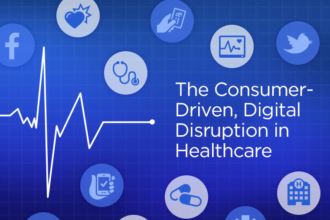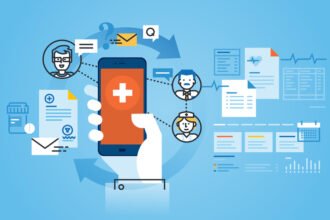As an AAMC summer intern, I was fortunate enough to have the opportunity to work on the AAMC Joining Forces Wellness Week Initiative. My assignment was to help organize a demonstration day for AAMC members and to find simulations, tools, and teaching methods aimed to better educate and increase awareness in delivering care to veterans for health care professionals.
As an AAMC summer intern, I was fortunate enough to have the opportunity to work on the AAMC Joining Forces Wellness Week Initiative. My assignment was to help organize a demonstration day for AAMC members and to find simulations, tools, and teaching methods aimed to better educate and increase awareness in delivering care to veterans for health care professionals.
There are 298 Veterans’ Affairs (VA) hospital institutions in the United States and its territories, but veterans still tend to seek care from community clinicians: community doctors who might not have access to VA resources about veteran health issues such as post traumatic stress disorder (PTSD) and traumatic brain injury (TBI). One of the aims of Joining Forces Wellness Week is to enhance the educational tools available to health practitioners about veteran-related issues.
Unconventional educational tools like games and simulation are rapidly gaining popularity in undergraduate and graduate medical education. Med students at both levels practice and build their confidence through simulated experiences before working with actual patients. In addition to procedural skills, students work on their communication and teambuilding. Serious games are also valuable on a continuous scale of medical education, allowing doctors to learn new procedures, work on improving teamwork skills, and practice scenarios and operations.
For improving veteran care, simulations and serious games can potentially be used as a treatment method for veterans suffering from PTSD and TBI. Doctors have found that creating a simulation of a veteran’s war experience can help him or her find the trigger for their PTSD and therefore pursue more effective treatment. Serious games, such as T2 Virtual PTSD Experience, are accessible to veterans online. These games allow veterans to determine if they could be suffering from PTSD and learn where to go to get help.
Serious games tailored to veterans can benefits medical students, too. Kognito has created multiple games involving simulations helping health care professionals, teachers, and family members learn how to better communicate with veterans and identify the signs and symptoms of PTSD and TBI. The popularity with clinicians and families of Family of Heroes, an interactive computer-based simulation game, shows that games can be an effective health care tool. Studying these games will ideally not only lead to a better understanding of how they can be used by veterans, their families, and medical students, but will also lead to a general increase in usage and act as an accelerator to help veterans get needed help.







